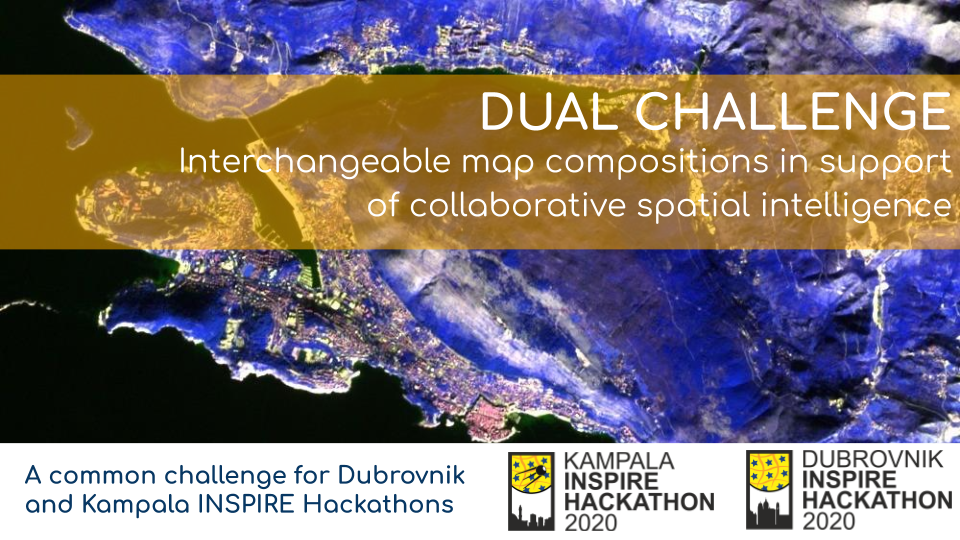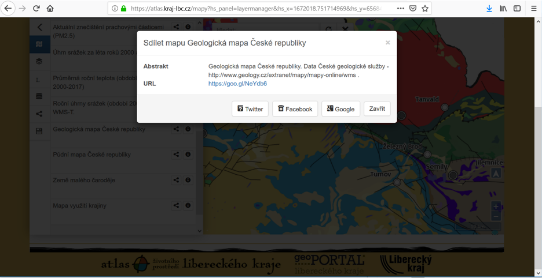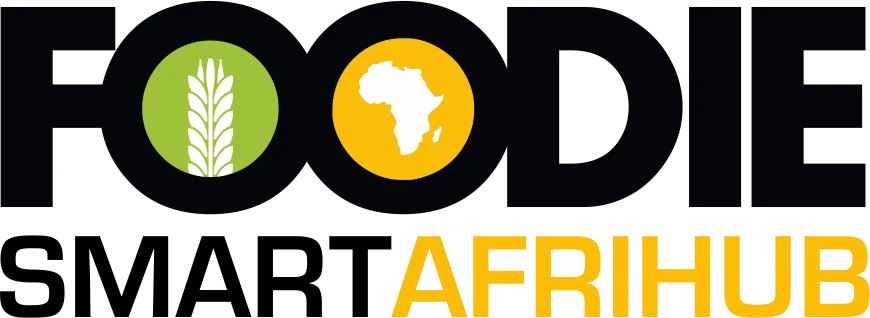| Hana Kubickova

Mentors Raitis Berzins, Runar Bergheim, Karel Charvat, Dmitrij Kozuch, Jan Vrobel, Irena Koskova
Significant progress has been made in standardization of data access protocols and implementation of servers and clients capable of combining and visualizing remote datasets through mainstream OGC standards like WMS and WFS. This allows information to be flexibly re-used across organizational and thematic boundaries.
This allows people to build spatial applications that combine public, proprietary and private information for a multitude of purposes ranging from spatial planning, to smart agriculture and, of great relevance of late, crisis management. However, as long as we only share data, this requires the users to be proficient with GIS and a wide range of technical concepts.
“Maps are where data are transformed into knowledge”, as the GIS-cliche goes, but while the phrase is worn the fact remains valid.
It would add significant value to both government, business and private tasks if we had a mechanism for sharing complex map compositions that combine data sharing services, cartography, visualizations and geospatial markup. Shared map compositions should be possible to explore and interact with in mainstream proprietary and open source GIS tools and both online and desktop environments.
The importance of this challenge is underlined by the current COVID 19 pandemic that strengthens the need for online collaboration and smart use of technology to manage crisis, supply, logistics and policies.
This challenge seeks to further develop a proposed standard format for interchangeable map compositions building on the results of several previous hackathons. A map composition standard opens the door to another interesting innovation, namely an application that is to maps what Google Docs is to text documents.
The challenge will work in parallel with evaluating and extending the current draft specification for JSON map compositions as well as build a working prototype of a web based collaborative map builder application. It will be also be possible to share the map compositions with desktop platforms (QGIS) as well as on various social media platforms
This challenge is prepared together by two projects SmartAgriHubs and PoliRural and three Digital Innovation Hubs will be included: SmartAfriHub , PoliRural and FOODIE SmartAgriHub. The challenge will be part of both the Kampala INSPIRE hackathon and Dubrovnik INSPIRE hackathon.


If you are interested in this challenge, do not hesitate to register via following links:
Kampala INSPIRE Hackathon 2020 registration form:
https://docs.google.com/forms/d/e/1FAIpQLSeAoP8VbRbPDyZS8tjRwYQnGMwgJ6qb4rwLxJuorqZbeYXIvA/viewform
Dubrovnik INSPIRE Hackathon 2020 registration form:
https://docs.google.com/forms/d/e/1FAIpQLSdfA0xmnkfSf4L3qGIj1bwYo-DfWPLAZzrpYMJBwuuNO3kPVQ/viewform
